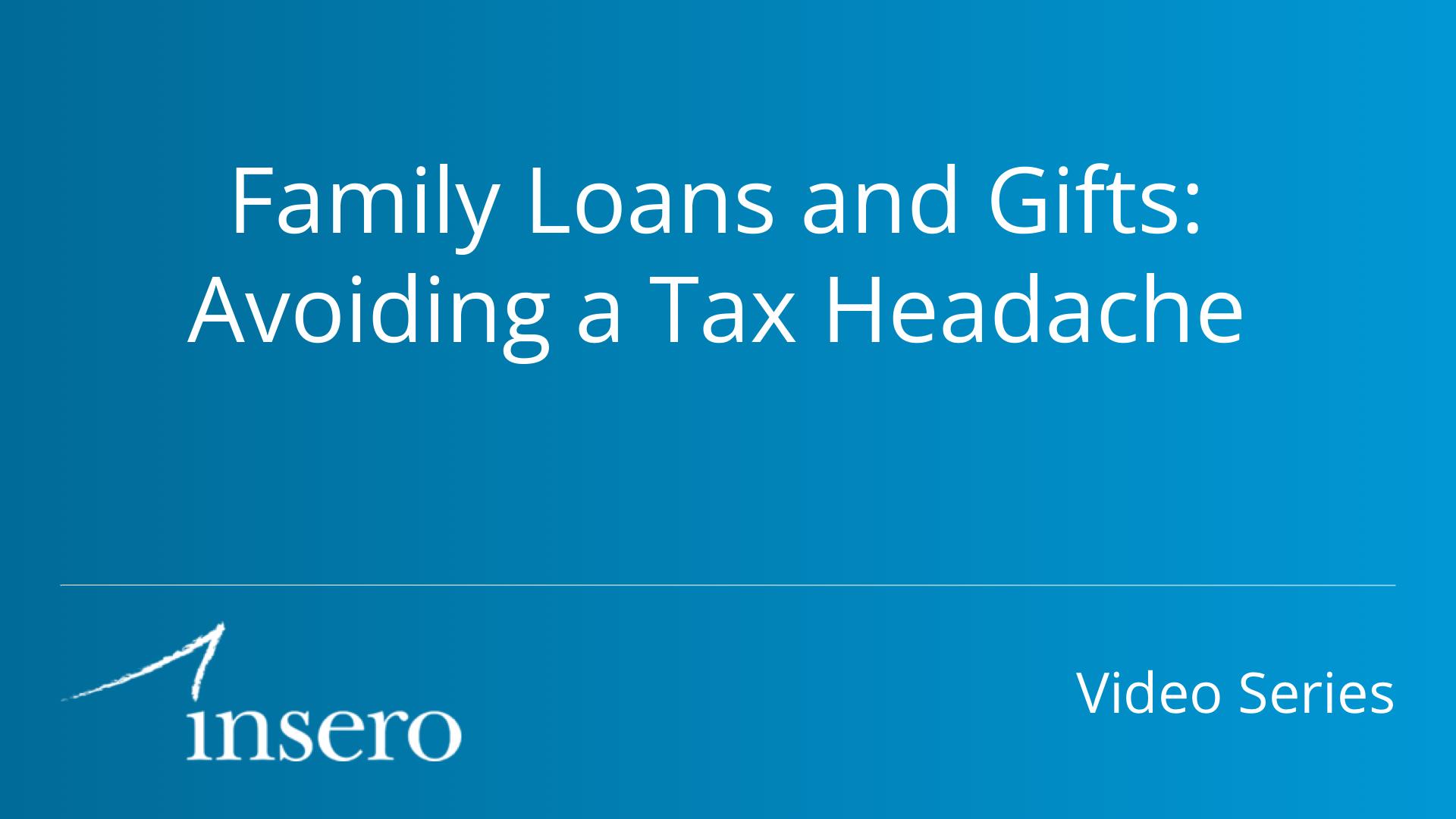ARTICLE | May 05, 2023
Executive summary: New York enacts state fiscal year 2023-2024 budget
On May 3, 2023, New York Gov. Kathy Hochul signed fiscal year 2023-2024 budget legislation, S04009C/A03009-C, providing for a number of state and local tax changes. Included in the changes is an extension of the temporary corporate income tax rate, corrections to the states pass-through entity tax (PTET) and a change to administrative appeals granting the New York Department of Tax and Finance a right to appeal from administrative decisions, among other changes. A high-level summary follows below.
New York enacts 2023-2024 budget with tax changes
Corporate tax rate extension
Recall that as part of the state fiscal year 2021-2022 budget, New York increased the state corporate income tax rate to 7.25% for taxpayers with business income over $5 million. That increase was scheduled effective for tax years beginning or after Jan. 1, 2021 and before Jan. 1, 2024. The prior budget bill also froze the capital base tax rate at .1875% for the same duration as the temporary corporate rate increase. The fiscal year 2023-2024 budget extends both the corporate rate increase and the capital base tax rate until 2027.
Pass-through entity tax regime technical corrections and revisions
The budget bill makes several necessary changes to the existing state and city PTET regime. First, the bill corrects a calculation error that results from existing language, which requires the PTET itself to be deducted in calculating the taxable income of the pass-through entity. That provision has caused taxpayer and tax professional confusion in arriving at a proper calculation of the tax. The change would be retroactively effective and is consistent with guidance issued by New York State previously. Second, the bill clarifies the eligibility to elect the New York City PTET for trusts and estates that are shareholders or partners in a partnership by clarifying the definition of “city taxpayer.” Finally, the bill provides a small technical clarification to the due date and irrevocable date language. However, the change does not alter the due date of the election, i.e., March 15 of the calendar year.
Administrative appeals
The budget makes a significant change to administrative appeals benefiting the New York Department of Tax and Finance. Currently, and for at least the last 35 years, the department was prohibited from appealing decisions from the New York Tax Appeals Tribunal, one of only a handful of states without appeal authority. The budget legislation grants the department the right to appeal tribunal decisions resulting in an administrative appeal process similar to most other states. The New York Commissioner of Taxation and Finance must consult with the state attorney general when petitioning for further judicial review. When the commissioner appeals, interest and penalty that would otherwise continue to accrue is stayed until 15 days after the issuance of a judicial decision where no further appeals are allowed. Notably, the department is successful in most tribunal decisions, thus it is anticipated this may impact more complex and nuanced tax matters where an unfavorable ruling for the department would have previously ended the appeal for the department.
Credits and incentives provisions
The budget bill also makes a number of changes, extensions and enhancements to various credits and incentives in the state. A selected summary of some of those changes includes the following:
- The investment tax credit is refundable for eligible farmers for five years and provisions related to the transferability of the credit have been repealed
- Expansion of the film tax credit by increasing the credit to 30% from 25% and the credit has been extended a further five years through 2034
- Expansion of alcohol production credits as follows on a per-gallon basis: beer to remain at $.14, certain cider products at $.14, certain wine products at $.30, certain liquors containing under 24% alcohol at $2.54; no credit for liquors containing between 0% and 2% alcohol; and all other liquors a credit of $6.44
- Extension of the empire state commercial production tax credit five years for tax years through 2029
- Extension of New York City’s authorization to offer a biotechnology credit for the three-year period of Jan. 1, 2023 through Dec. 31, 2025
Miscellaneous provisions
Other, but notable changes in the bill include the following:
- The top rate of the metropolitan commuter transportation mobility tax for businesses within the MCTD (within the counties of Bronx, Kings, New York, Queens and Richmond) is increased to .6% from .34%, effective on July 1, 2023. The increase almost doubles the tax on payroll expense over $437,500. The rates applicable to individuals and net earnings from self-employment in these counties were also increased for tax years beginning on or after Jan. 1, 2024. This provision was included in S04008C/A03008-C, another legislative vehicle implementing the budget also signed on May 3, 2023
- For purposes of the mobility tax, the exclusion for limited partners will not apply to individuals that actively participate in the partnership
- The New York State corporate Metropolitan Transportation Authority surcharge would be fixed at 30% for tax years beginning on or after Jan. 1, 2024, currently 30% for the 2023 calendar year as adjusted by the commissioner
- A one-dollar increase of the excise tax imposed on cigarette packs from $4.35 to $5.35
- A temporary sales and use tax exemption on certain drinks and bottled water is extended one year to May 31, 2024
- Expansion of the refundable Empire State child tax credit to children under the age of four and extension of the earned income tax credit
Takeaways
New York’s budget, and fiscal year, is one of the earliest in the country, beginning April 1, although this year’s budget required numerous extensions to complete the process and work out differences between the governor and the state legislature. While seemingly a moderate number of tax changes, the impact to revenue is fairly small considering the competing interests and predicted revenue decline among most major taxes over the next two years due to inflation and the end of the pandemic bounce.
Absent from the bill, but discussed during the budget process, was a sales tax on certain digital products, a fee on delivery transactions similar to Colorado’s retail delivery fee, conformity to federal S corporation provisions, and increases to personal income tax rates. Taxpayers with questions on this year’s tax changes should reach out to their New York state and local tax professional.
Let’s Talk
Fill out the form below and we’ll get back to you to discuss your specific situation.
This article was written by Rob Calafell, Harlan Kwiatek , Robert Zonenshein, Mo Bell-Jacobs and originally appeared on 2023-05-05. Reprinted with permission from RSM US LLP.
© 2024 RSM US LLP. All rights reserved. https://rsmus.com/insights/tax-alerts/2023/new-york-enacts-2023-2024-budget-with-tax-changes.html
RSM US LLP is a limited liability partnership and the U.S. member firm of RSM International, a global network of independent assurance, tax and consulting firms. The member firms of RSM International collaborate to provide services to global clients, but are separate and distinct legal entities that cannot obligate each other. Each member firm is responsible only for its own acts and omissions, and not those of any other party. Visit rsmus.com/about for more information regarding RSM US LLP and RSM International.
The information contained herein is general in nature and based on authorities that are subject to change. RSM US LLP guarantees neither the accuracy nor completeness of any information and is not responsible for any errors or omissions, or for results obtained by others as a result of reliance upon such information. RSM US LLP assumes no obligation to inform the reader of any changes in tax laws or other factors that could affect information contained herein. This publication does not, and is not intended to, provide legal, tax or accounting advice, and readers should consult their tax advisors concerning the application of tax laws to their particular situations. This analysis is not tax advice and is not intended or written to be used, and cannot be used, for purposes of avoiding tax penalties that may be imposed on any taxpayer.




